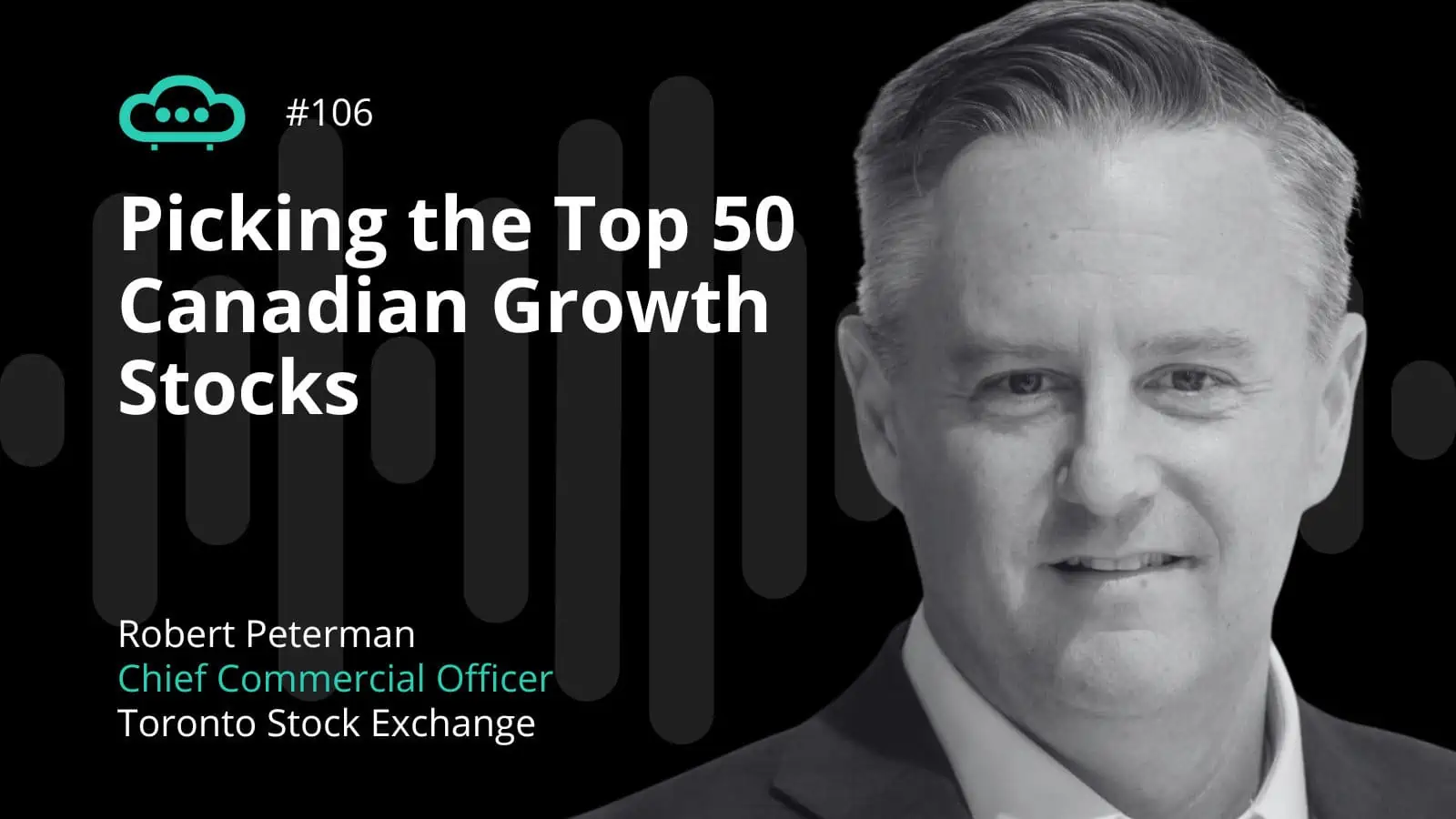You will often hear the phrase smart beta ETFs used in conversations about Exchange traded funds.
To understand smart beta properly, first you must understand what beta is, when used to discuss investment management. Beta is a financial term that has been in circulation since the 1960s, and relates to the additional risk you take on as an investor when you invest in share markets, as opposed to cash or bonds.
Beta is also achieved by buying an ETF. Smart beta, on the other hand, describes an approach to passive investment that includes additional rules than simply trying to match the performance of an index. ‘Normal’ ETFs track stock market indexes by buying the underlying shares using a market capitalisation model.
Want to know more about ETFs? Check out our Exchange Traded Funds tutorial
Why use Smart Beta ETFs?
ETF providers use smart beta to differentiate their products from those of their competitors. What we mean by this is additional tweaks to the rules that dictate the holdings of the ETF.
“Some smart beta strategies have been developed to address risks in traditional, capitalisation-weighted indices: the tendency for the market to become too excessively concentrated in certain sectors or stocks during periods of extreme market sentiment, for example,” explains Francois Millet, a product line manager for ETFs and indexing at Lyxor Asset Management.
Lyxor, one of the larger providers or ETFs in Europe, also believes that smart beta ETFs should follow an alternative weighting scheme. Smart beta is not considered by many wealth managers an alternative to normal capitalisation-weighted ETFs, but it is an additional tool for investors and financial planners.
Smart Beta innovation
Ultimately, smart beta funds fall into two buckets: those seeking to achieve a specific investment outcome – for example, by taking a risk-based approach rather than a capitalisation-based one – or following a value, size or volatility approach, what the experts call a ‘factor-based approach’.
It means firms like Lyxor and others in the ETF space can innovate by using different indexes, for example, that take a different approach to markets than the capitalisation one we’re all used to from our headline stock market indexes like the FTSE 100 or the S&P 500. Big index providers can build an index to meet criteria requested by an investment manager, and then calculate it on a daily basis. The investment manager is simply responsible for implementing those index rules using an ETF.
How popular are Smart Beta ETFs?
The size of assets invested in smart beta funds has been increasing at a rapid rate since the middle of 2014, with over €10 billion invested with them by the middle of 2015. Part of their appeal to investors is the transparency they must still adopt – the ETF manager is committed to following the rules of the index, which is independently calculated and published.
On top of this, there are now ‘active’ smart beta funds emerging on the market: these will typically charge higher fees than passive ones, as the fund manager is also taking additional steps, usually with some sort of more flexible methodology. You might question whether this is an ETF at all, or simply a lazily managed active fund, and you may be right in some cases.
The ETF market in Europe is becoming more competitive as more fund managers enter the market. The choice for investors is increasing, which is a good thing, but for fund managers, it is hard to really differentiate their products unless they can bring some level of intellectual capital to the game. Hence, smart beta is being used to help them justify higher fees than normal ETFs.
In conclusion, smart beta ETFs can be a useful alternative to active funds, and at a lower price point. But consider carefully whether you want a smart beta fund, or simply a vanilla index tracking ETF. Just because an ETF takes a different approach to a market does not mean you need it.












